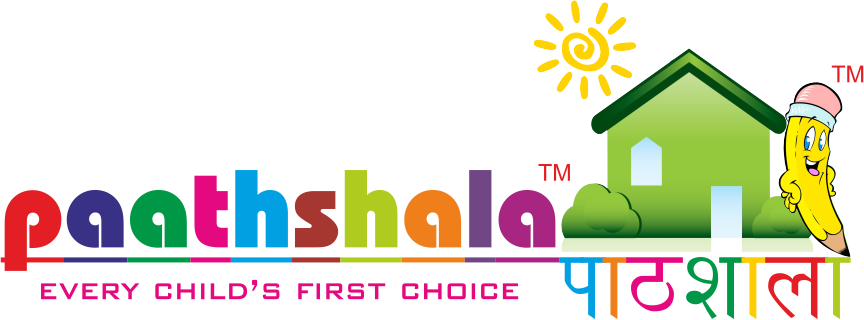- Academic Readiness:
Kindergarten schools provide a structured and stimulating learning environment that prepares small kids for formal education. They introduce fundamental concepts such as letters, numbers, shapes, and colors, fostering early literacy and numeracy skills. This early exposure lays the groundwork for future academic success.
- Social and Emotional Development:
Kindergarten schools offer an ideal setting for small kids to develop essential social and emotional skills. Interacting with peers and teachers helps children learn how to share, take turns, cooperate, and communicate effectively. They develop empathy, resilience, and self-confidence, which are crucial for building positive relationships and navigating social situations.
- Cognitive and Language Development:
The early years are a critical period for cognitive and language development. Kindergarten schools provide a variety of activities and experiences that promote cognitive skills such as problem-solving, critical thinking, and creativity. Through age-appropriate tasks and interactions, children develop language proficiency, vocabulary, and communication skills.
- Physical and Motor Skills:
Kindergarten schools incorporate physical activities and play into their curriculum, supporting the development of gross and fine motor skills. Engaging in physical play, games, and outdoor exercises help children enhance their coordination, balance, strength, and overall physical fitness.
- Introduction to Routine and Structure:
Kindergarten schools introduce small kids to routines and structures, which are essential for their overall development. Following a daily schedule helps children understand the importance of time management, organization, and responsibility. It prepares them for the structured learning environment they will encounter in higher grades.
- Nurturing Creativity and Imagination:
Kindergarten schools foster creativity and imagination through art, music, storytelling, and dramatic play. These activities allow children to express themselves, explore their interests, and develop their unique talents. Nurturing creativity from an early age paves the way for innovation and self-expression in the future.
- Smooth Transition to Formal Education:
Attending kindergarten schools helps children make a smooth transition to formal education. They become familiar with the school environment, routines, and expectations. This familiarity reduces anxiety and facilitates a seamless transition to higher grades, ensuring a more positive and successful educational journey.
Conclusion:
Kindergarten schools play a crucial role in the holistic development of small kids. From academic readiness to social and emotional growth, cognitive and language development, physical and motor skills, introduction to routine and structure, nurturing creativity and imagination, and a smooth transition to formal education, kindergarten schools provide the building blocks for a bright future. Embrace the advantages of enrolling your child in a kindergarten school and witness their growth and enthusiasm as they embark on an exciting educational journey that sets them up for lifelong success.



